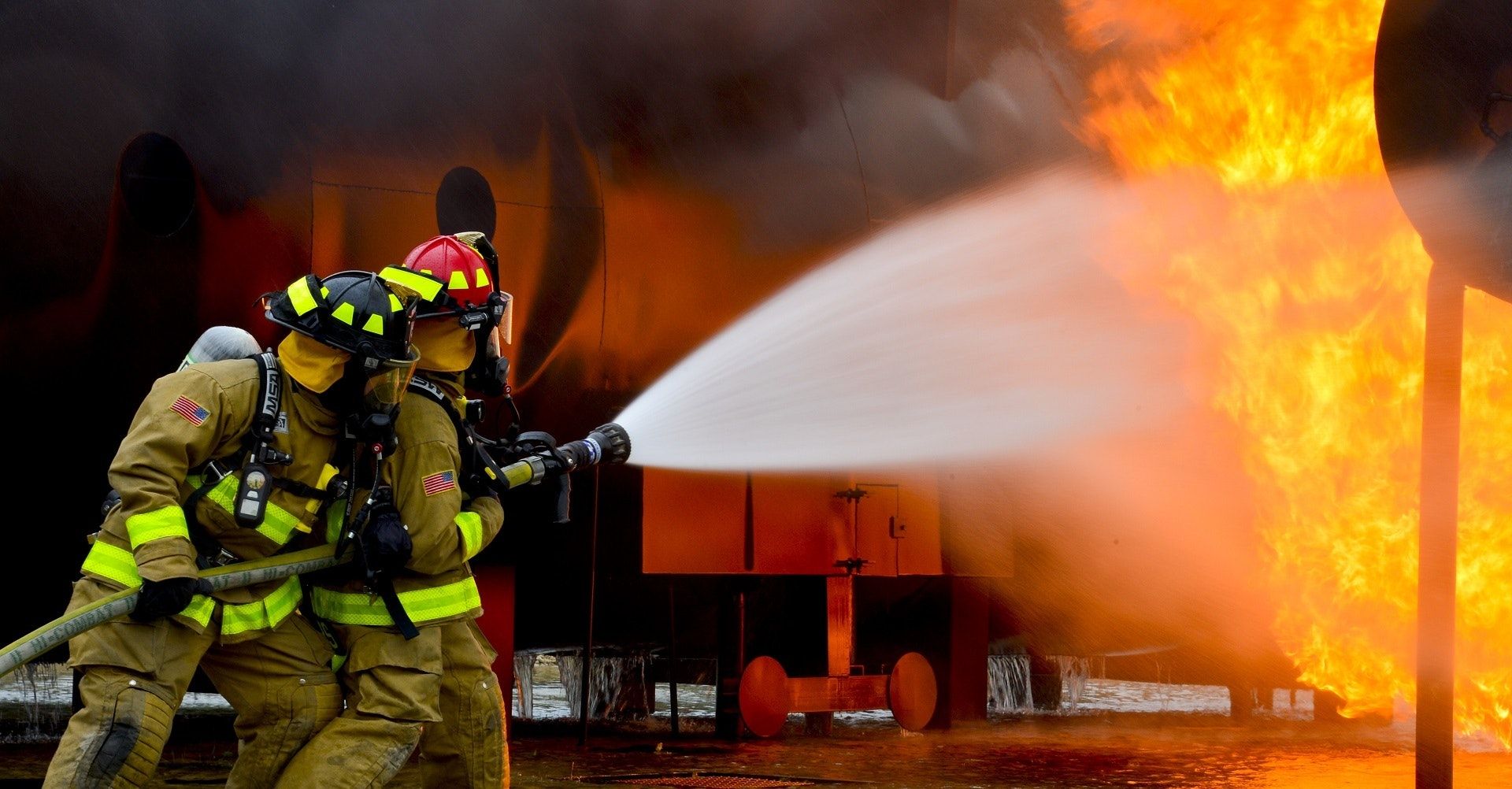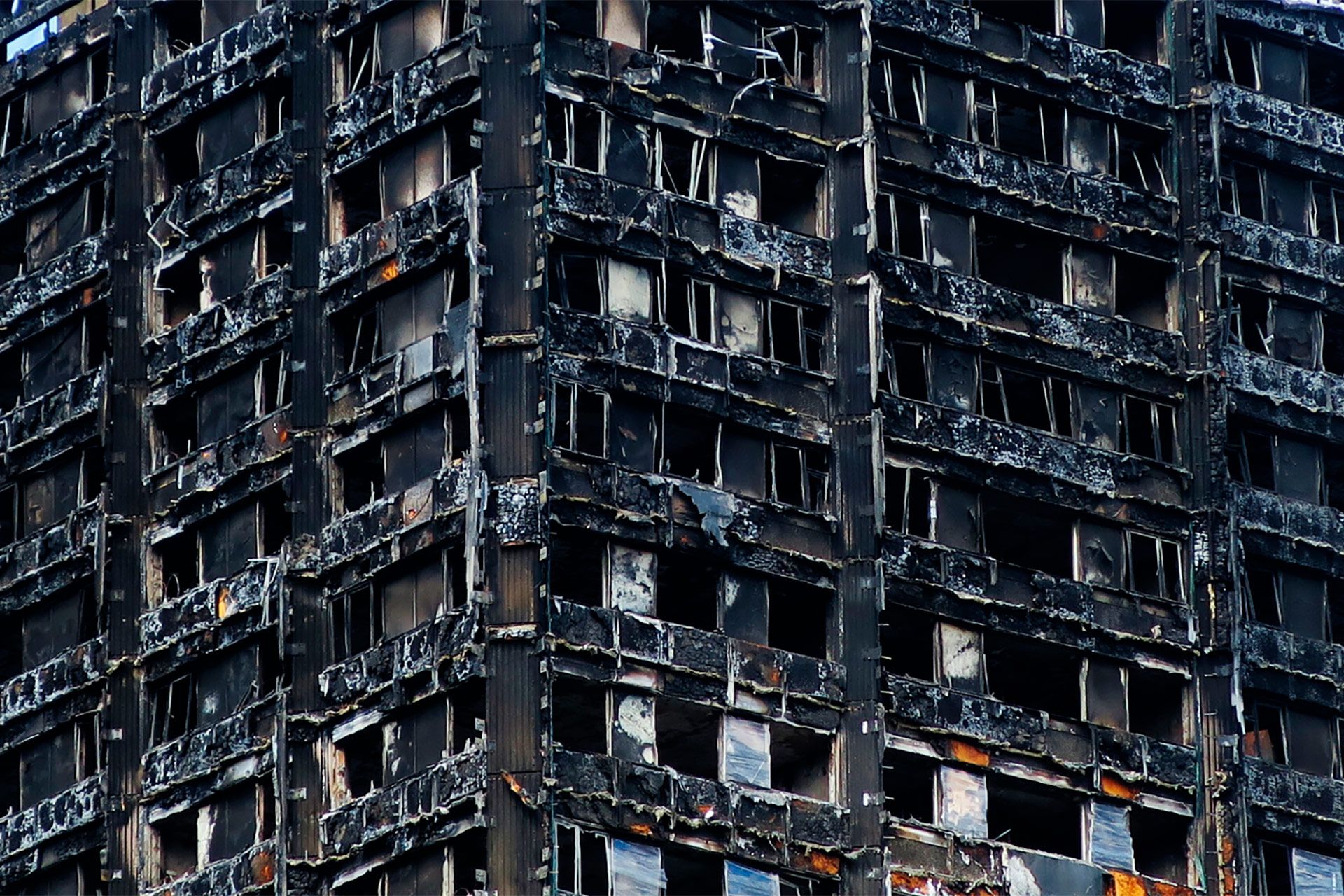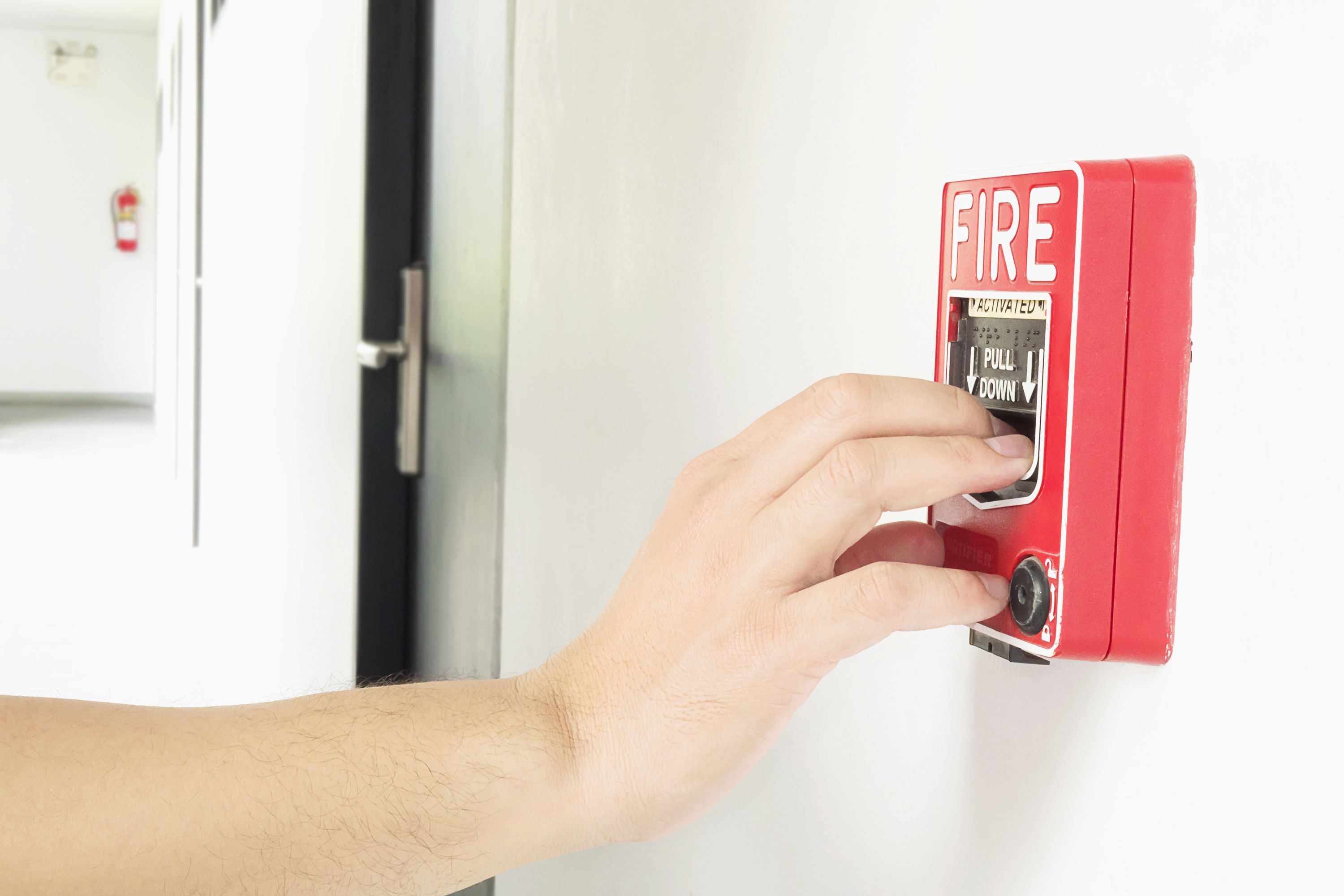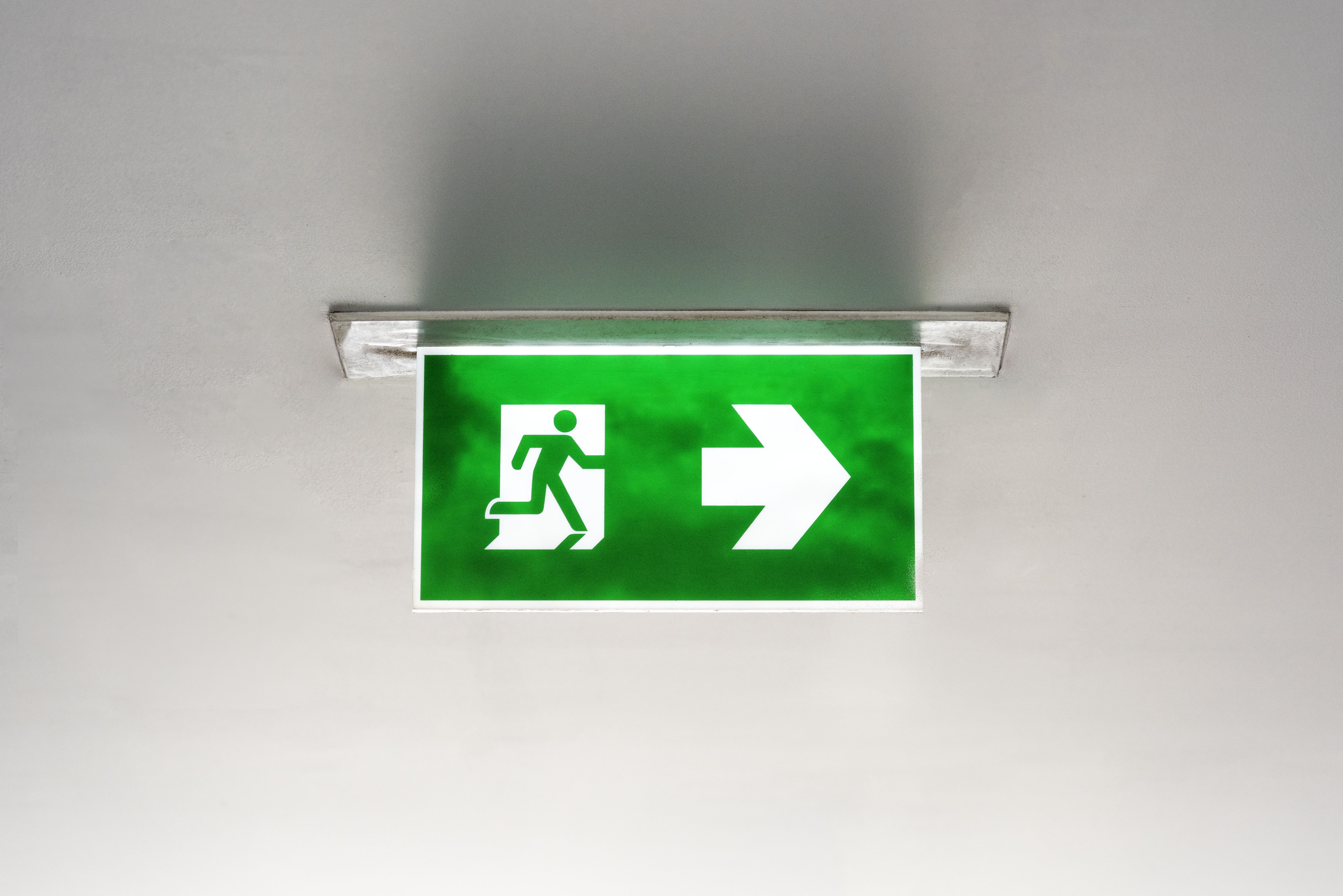
Fire protection traceability and transparency
Since 2017, the fire safety industry has been in the hot seat, with a spotlight on improving safety...

Let one of our representatives take you around the system.

00:54, June 14th 2017, North Kensington, London. 72 lives lost, more than 70 injured and 223 escaped.
This was the aftermath of Grenfell Tower Fire; a fiery tragedy that possibly could have been avoided if building safety and fire protection standards were more heavily regulated and enforced, with the hired contractors independently audited for compliance. We can look to the past and say, “what if” and “should have” but the best we can do is the future, and we are.
On July 20th 2020, a draft building safety bill was presented to Parliament, highlighting some of the “biggest changes to building safety legislation for nearly 40 years,” according to Building Safety and Fire Minister Lord Greenhalgh. The bill aims to raise standards across the industry, ensure more responsibility on building owners and contractors, and will introduce more stringent rules for all blocks of flats that are either 18 metres or more in height or more than 6 storeys tall as recommended by Dame Judith Hackitt in her Independent Review of Building Regulations and Fire Safety. The changes are coming.
The Grenfell Tower Fire caused a massive industry shakeup and paved the way for the largest changes to building fire safety legislation in decades. Since the start of the 2017 inquiry, insurance companies have had an avalanche of claims made against them for the sign off of buildings without proper internal and external fire protection compliance.
As a result, many insurance companies are placing more focus on achieving and maintaining all fire protection and building safety standards across the UK. To ensure this, insurance agents are being sent on active and passive fire protection programmes to draw awareness and attention to what is and is not compliant with fire and building safety legislation, in an effort to reduce the sign-off of noncompliant buildings.
Following the Grenfell Tower Fire inquiry, it has been found that many buildings are not adhering to the correct building safety and fire protection protocols, thus putting many lives at risk for the sake of building project cost savings. Main contractors, insurance companies, project managers and other building project stakeholders will be looking more desirably at fire protection businesses that have a third party accreditation, such as FIRAS or BM TRADA.
Accreditations mean that the certified company has been audited by an independent accredited body and has met the compliance standards to achieve that accreditation. While it is not currently the law to hold an accreditation to operate, it has become a massive asset in winning new work and maintaining an active client base during this industry transition.
Onetrace is built with these accreditations in mind, so it allows your company to easily maintain compliance without all of the administrative hassle. Audits are stressful times for any company, as when work gets busy, paperwork and quality control can sometimes slip through the cracks, leaving a small team internally to clean up the mess when it’s audit season. Onetrace eliminates that stress by providing a simple, easy to use workflow that your boots on the ground will appreciate.
Everything your fire engineers need is right there at the tips of their fingers in Onetrace, fire protection traceability app. No more forgotten floor maps or drawings. No more missing photos for reports. No more massive paperwork job for the guys on site. Onetrace allows your team to access what they need remotely, with or without an internet connection which is fantastic in buildings with spotty reception. The job forms are completely customisable and allow your team to easily update their forms right there on site, along with uploading photos and even marking up drawings and floor plans. Everything, right when they need it, so no more waiting for drawings to be mailed to the office, or hunting down the photos for the report that should have been sent weeks ago. Your team is instantly more compliant with Onetrace.
Insurance companies, main contractors, project managers and other building stakeholders who know about the benefits of Onetrace will be looking more closely at fire protection companies that use Onetrace, even if they do not yet hold a third party accreditation. This is simply because all elements of the project are thoroughly documented for quality control and compliance. With the cloud based system, your data is accessible right when you need it, and reports are generated in seconds.
Productivity, efficiency and compliance in all areas is what Onetrace's fire protection traceability app can provide to your fire protection business with one simple, easy to use application that your engineers would love to use. You can even give clients access to monitor their projects with a bird’s eye view, so it gives them the peace of mind that your team has got their building site covered.
In light of the coming legislative changes to the building and fire safety world, it’s time to use a system that supports accreditations, quality control and compliance. Get in touch or request a demo to see what the fuss is about. If you aren’t ready to commit, you can try Onetrace completely free for 7 days with zero obligation or commitment. Take your business to the next level of innovative passive fire protection traceability and try Onetrace today!

Fire protection traceability and transparency
Since 2017, the fire safety industry has been in the hot seat, with a spotlight on improving safety...

Are we doing enough for building fire safety and protection?
Our world has seen its fair share of fire disasters: the Great Fire of London in 1666, the Tooley...

Projected Growth in the Passive Fire Protection Materials Market
Fire safety has not always been the focus of the building industry but it has definitely taken the...